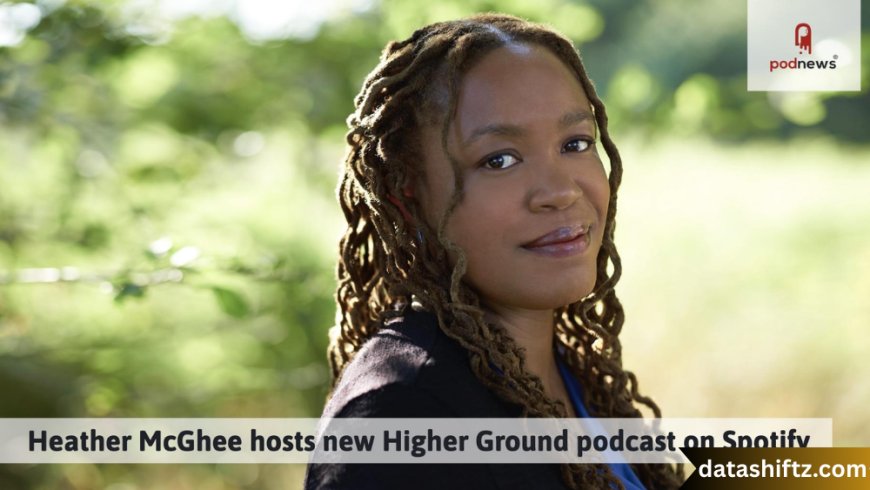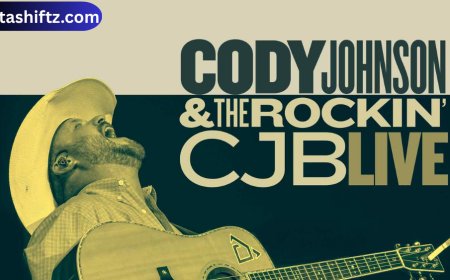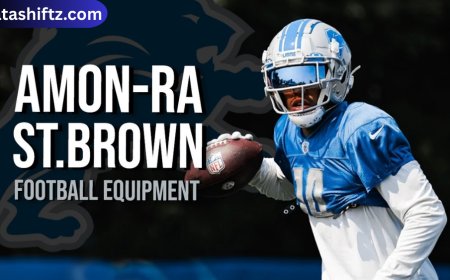Heather McPhee: A Profile in Courage and Accountability

Introduction
Heather McPhee is a name that has recently captured the spotlight—not in athletics or entertainment, but in the often-unseen battleground of organizational integrity. As Associate General Counsel for the NFL Players Association (NFLPA) since 2009, McPhee emerged as a pivotal figure when she raised alarms about questionable financial dealings with OneTeam Partners and was subsequently placed on administrative leave amid workplace allegations. This blog post explores the complexity behind McPhee’s story, examining her professional background, the unfolding controversy, and the broader themes of accountability and courage within institutional frameworks.
The Professional Journey of Heather McPhee
Background and Legal Career
Heather McPhee has served as the NFLPA's Associate General Counsel for over 16 years, beginning in 2009 . Prior to that, she built her legal expertise through roles in complex commercial litigation, regulatory compliance, and risk management at prestigious firms such as Squire Patton Boggs and Latham & Watkins from 2000 to 2009 . Circling back further, her academic pedigree includes a summa cum laude B.A. from Princeton, advanced studies at Harvard, and a J.D. from the University of Chicago Law School.
Heather McPhee's Career & Education Overview
| Stage | Role / Institution | Duration / Notable Achievements |
|---|---|---|
| Early Career | Latham & Watkins (2000–2006) | Built foundation in commercial litigation |
| Mid Career | Squire Patton Boggs (2006–2009) | Deepened regulatory and risk management skills |
| NFLPA | Associate General Counsel (2009–2025) | Oversaw legal affairs; authored internal reports |
| Education | Princeton, Harvard, UChicago Law | Elite academic credentials |
This trajectory underscores the depth of McPhee’s legal expertise as well as her longstanding commitment to the NFL Players Association.
The Controversy—Allegations and Administrative Leave
What Sparked the Leave?
In mid-August 2025, the NFLPA placed McPhee on paid administrative leave following workplace complaints—alleging insubordination, bullying, and creating a disruptive workplace environment. The timing drew scrutiny: McPhee had spearheaded an internal push to investigate financial irregularities tied to OneTeam Partners, a $2 billion licensing venture involving both the NFLPA and MLBPA .
According to reports, McPhee had sent a memo warning about being instructed to halt her role within the OneTeam investigation and urged the executive committee to address the matter . Her actions arguably merged legal duty with institutional conscience—though they also appear to have unsettled internal power dynamics.
Contextual Significance
Her placement on leave illuminates deeper tensions:
-
Compliance vs. Convention: Did pushing for transparency disrupt entrenched interests?
-
Whistleblower Vulnerability: Though she drove interest from federal authorities, McPhee is not currently recognized as a whistleblower with legal protections .
-
Institutional Power Structures: Reports indicate that some internal actors perceived McPhee’s stance as combative—reflective of struggles between reform and status quo .
Lessons on Courage, Institutional Integrity, and Ethical Leadership
Heather McPhee’s situation, though still evolving, sends several resonant messages across professional and institutional domains.
1. The Cost of Ethical Courage
McPhee’s experience highlights how ethical action—even rooted in legal duty—can lead to professional jeopardy when it challenges powerful alliances or norms.
2. The Need for Protection and Transparency
Without recognized whistleblower status or safeguarded channels for ethics reporting, staying true to values may expose individuals to retaliation—even when the intention is institutional betterment.
3. The Ripple Effects of Personal Advocacy
Standing up internally can yield broader consequences—spark federal investigations, reshape governance, and force charity-level introspection within organizations.
4. Culture vs. Compliance
Her case underscores the tension between legal compliance and organizational culture—especially in high-stakes, high-visibility settings like sports unions.
Summary Table:
Core Themes from McPhee's Case
| Theme | Insight Drawn |
|---|---|
| Professional Risk | Ethical actions may carry social or career repercussions |
| Whistleblower Protection | Absence of legal safeguards heightens personal vulnerability |
| Institutional Integrity | Individual advocacy can catalyze broad reforms |
| Conflict of Interests | Standing against the grain may be seen as disruptive |
| Culture vs. Mission | Organizational ethos may diverge from legal and moral imperatives |
Key Attributes and Implications
-
Longstanding Legal Expertise: McPhee’s education and career underscore her depth in regulatory and litigation practice.
-
Institutional Loyalty: Her long tenure at the NFLPA reflects trust and leadership—at least before the controversy.
-
Moral Agency: She acted on credible concerns, pushing for investigation despite internal resistance.
-
Risk of Professional Backlash: The administrative leave sends a chilling reminder of what stands in the way of ethical advocacy.
-
The Importance of Reform Infrastructure: Her case spotlights the need for clear protocols to protect professionals raising concerns.
Concluding Thoughts
Heather McPhee’s professional journey and recent clash with the NFLPA’s internal dynamics serve as a powerful case study in the complexities of organizational ethics. Her story raises pressing questions: How can institutions better protect those who raise the alarm? How do cultures adapt—or resist—when confronted with internal reform? And ultimately, what price should ethical professionals pay when their conscience guides them into conflict?
McPhee’s example signals urgent work ahead—not just for the NFLPA, but for all institutions balancing internal solidarity with imperative accountability. Her story continues to unfold, and whatever the outcome, it will likely reshape conversation around legal duty, transparency, and organizational change.





























